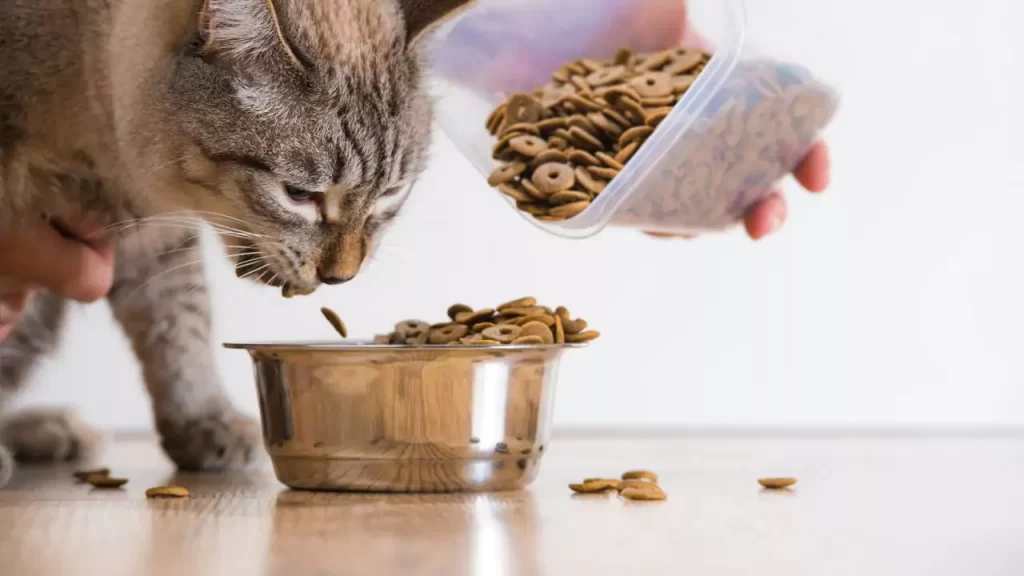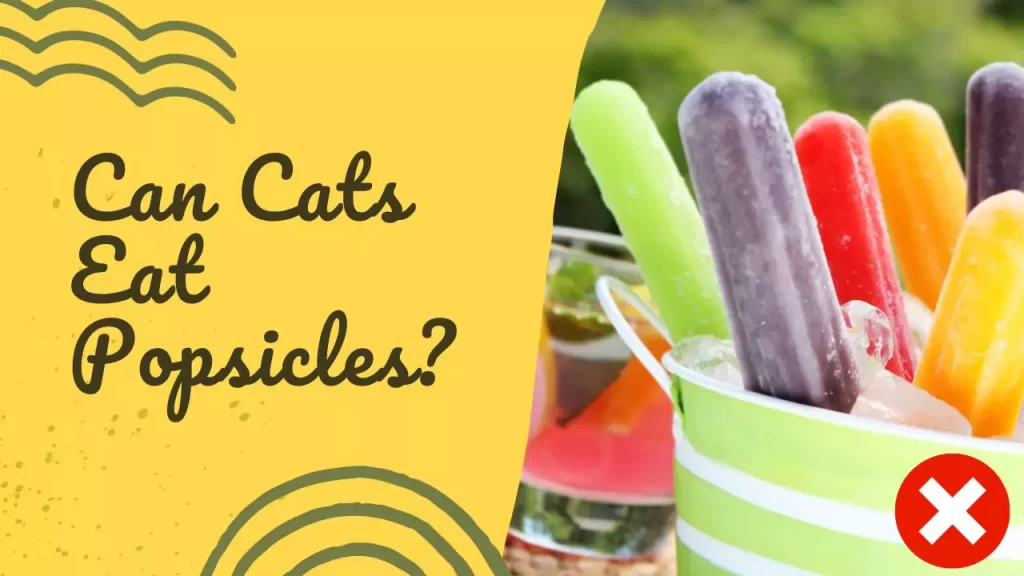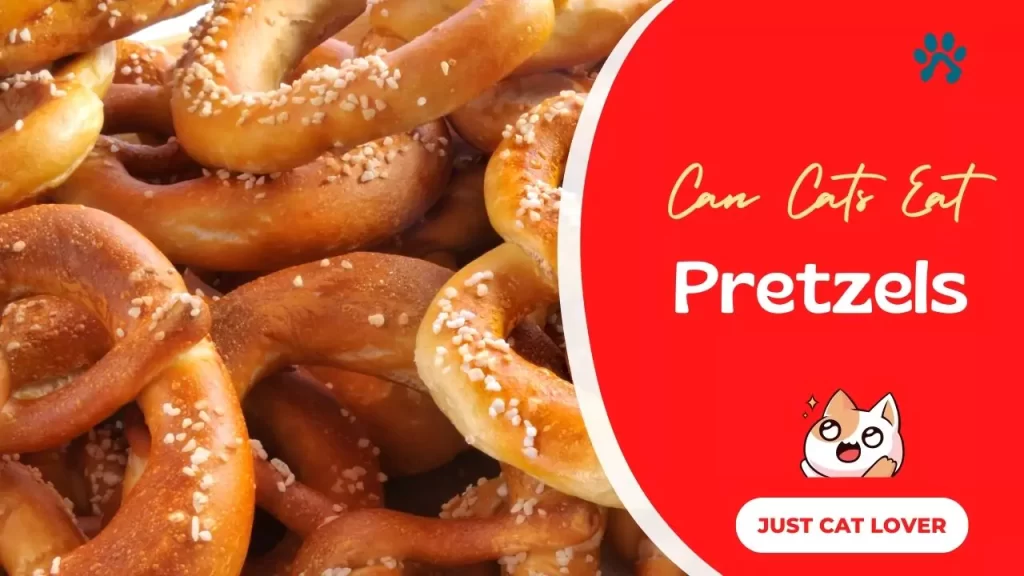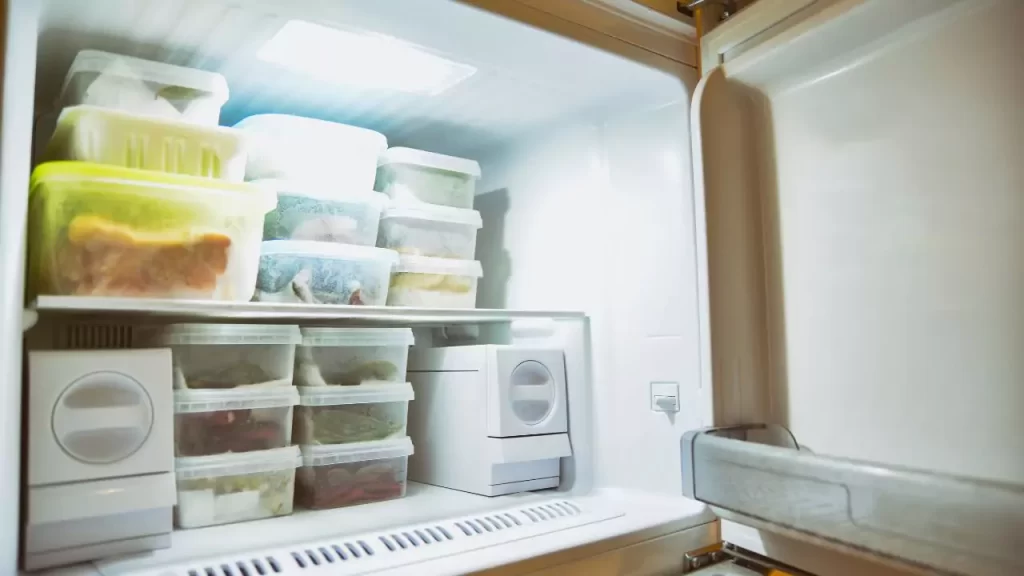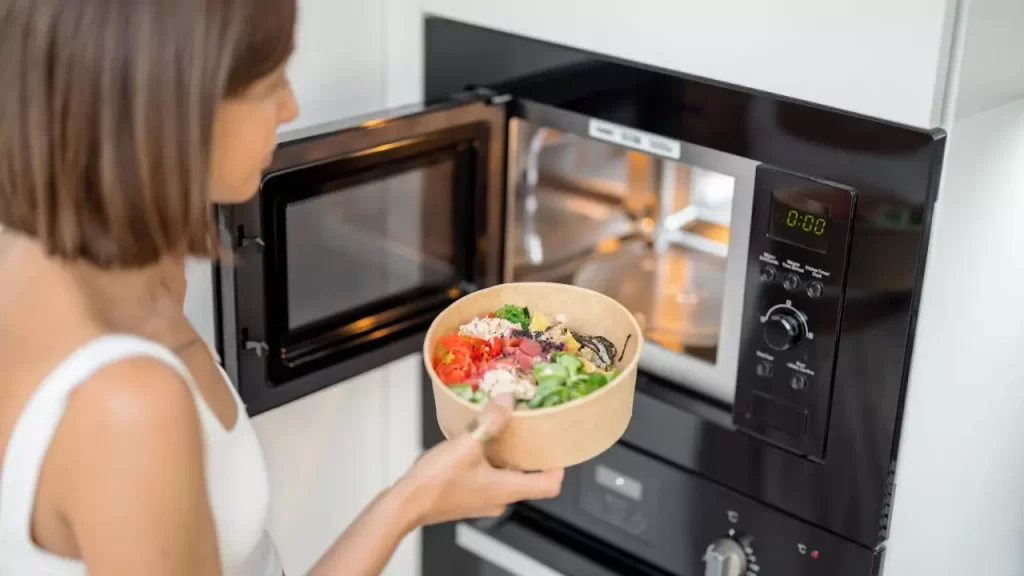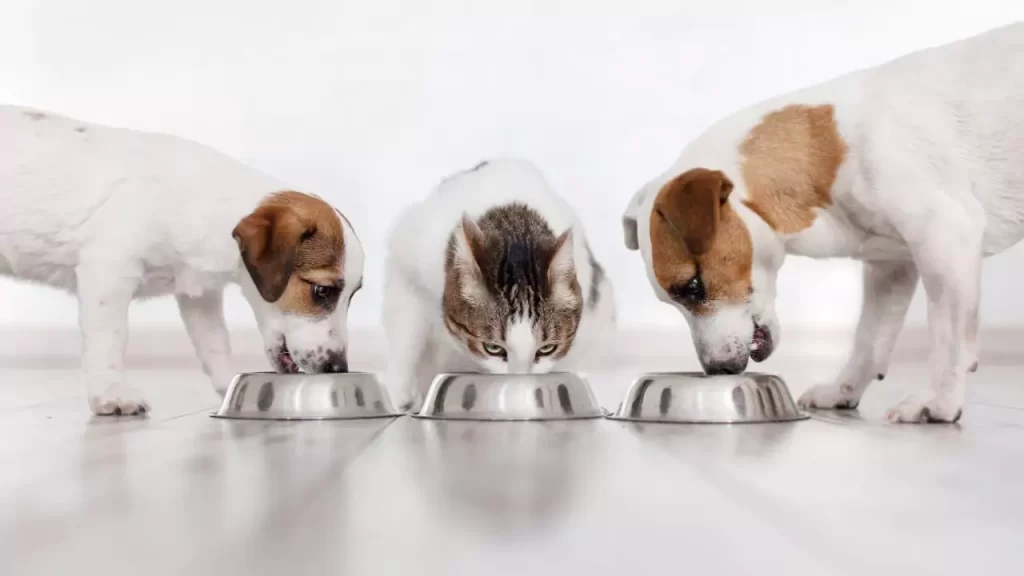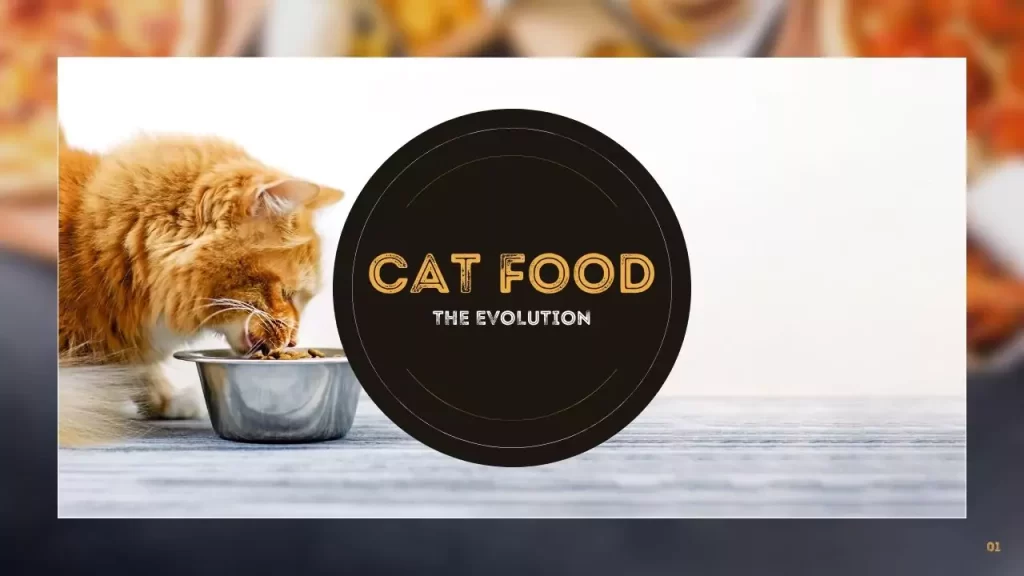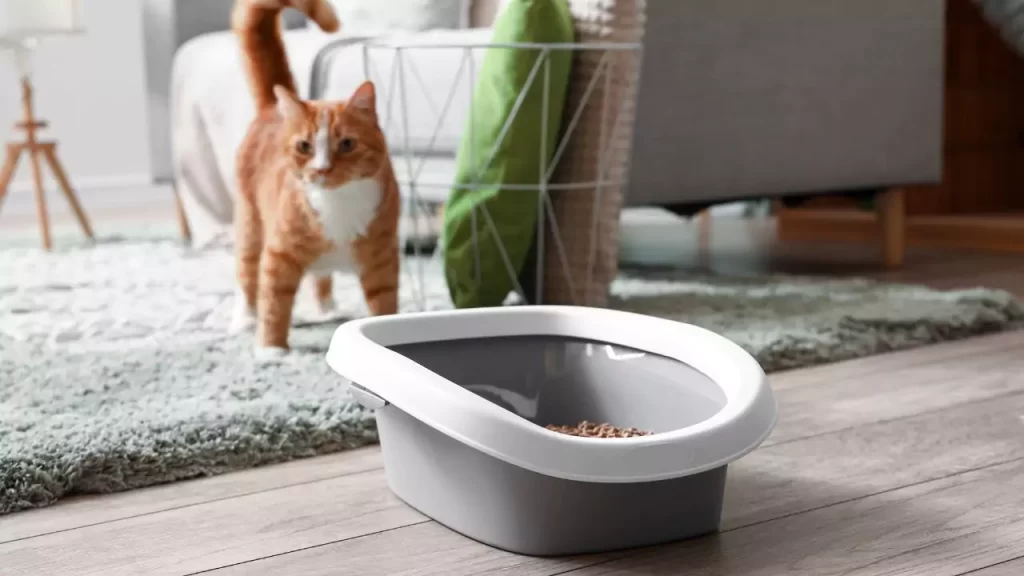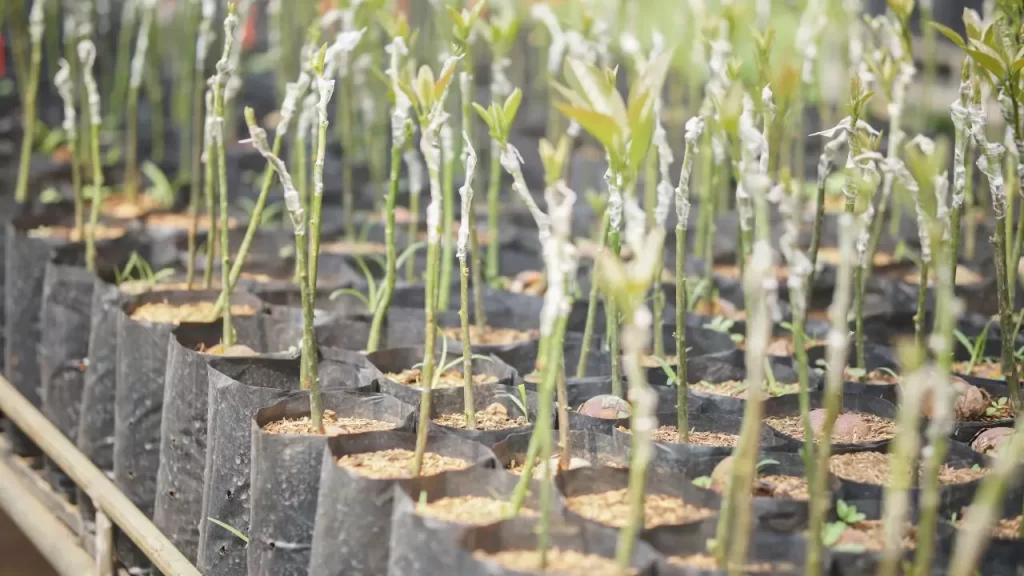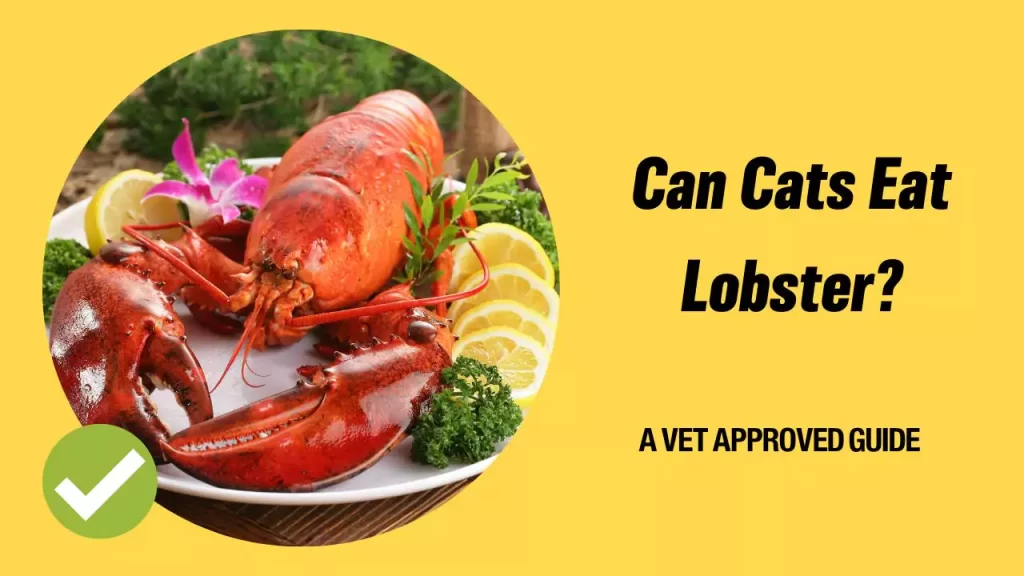Author: Dola Singha
Dola Singha is a cat enthusiast with a lifelong love for feline companions. She is an expert in all aspects of cat care, from nutrition and behavior to training and health.
Yes, cat food bowls should be elevated for most cats. Elevating cat food bowls can provide several benefits for cats, including improved joint health, food freshness, cleanliness, slower eating, and more thorough chewing. While elevated bowls are not necessary for all cats, they are recommended for the majority of house cats. When choosing an elevated cat bowl, look for a sturdy design with adjustable height. Benefits of Elevated Cat Bowls Elevating cat food bowls offers a number of advantages over bowls placed on the floor. Some key benefits include: Joint Health Elevated bowls reduce the amount cats have to bend…
No, cats should not eat popsicles. Popsicles contain high amounts of sugar and artificial sweeteners that can be harmful to cats. Additionally, the cold temperature and texture of popsicles carry risks of digestive upset and brain freeze for cats. While popsicles may seem like a tasty treat, there are better alternatives for providing frozen snacks to cats. The Dangers of Popsicles for Cats There are a few reasons why popsicles are not safe treats for cats: High sugar content Popsicles often contain high amounts of processed sugars like high fructose corn syrup or sucrose. Too much sugar is unhealthy for…
No, cats should not eat pretzels. While an occasional small piece of a pretzel won’t cause any major issues for most cats, pretzels are not a nutritionally balanced food for felines and contain ingredients that can be harmful to cats if consumed in large amounts. Nutritional Value of Pretzels Pretzels are made using wheat, yeast, salt, butter, or oil. Pretzels don’t provide cats with the protein, fat, vitamins, and minerals they require. Cats are obligate carnivores and must consume meat to receive the necessary amino acids. Pretzels are grain-based snacks with minimal nutritional value for cats. Cats need taurine, arginine,…
Yes, you can freeze cat food in most cases. Freezing cat food can help preserve freshness, save money from waste, and allow you to buy food in bulk. However, there are some important factors to consider when freezing cat food. Can You Freeze Cat Food? Benefits and Considerations of Freezing Cat Food Freezing cat food has several benefits: However, there are also some considerations: Types of Cat Food That Can Be Frozen Most wet and dry cat foods can be successfully frozen: Avoid freezing open cans of cat food for more than 3-4 days. Discard immediately if you notice any…
No, microwaving cat food is not recommended. While it may seem like a quick way to warm up refrigerated wet food, microwaving can alter the nutrients in cat food and create harmful compounds. There are safer warming methods that will keep your cat’s food nutritious. Is It Safe to Microwave Cat Food? Altered Nutrients and Fat Molecules Microwaving cat food can destroy vital nutrients like vitamins, amino acids, and antioxidants through oxidation. The radiation breaks down these sensitive nutrients. Microwaving also changes the chemical structure of fats and proteins. It creates new compounds like peroxides and aldehydes that may be…
No, you should not regularly feed cat food to dogs. While dogs may find cat food palatable, there are differences in the nutritional makeup between cat food and dog food. Feeding cat food long-term can lead to nutritional deficiencies and health issues in dogs. Is It Safe for Dogs to Eat Cat Food? There are some key nutritional differences between cat food and dog food that make cat food unsafe for long-term feeding to dogs: Differences in Protein and Fat Cat food contains 2-3 times more protein and fat than dog food. Cats are obligate carnivores and require a lot…
Cats are the world’s most popular pets, with 600 million living in families and communities. As cat owners, we want to provide our pets with the greatest diet and care. How did cat food evolve, and what variables shaped it? This article will discuss the history of cat food and the cat food business, as well as how to choose cat food. The History of Cat Food Cats have been tamed since ancient Egypt when they were considered holy. The notion of making cat food was considerably later than for dogs. Cats’ inherent hunting and scavenging abilities led to the…
Yes, they are. Bears can sniff out cat urine and feces in the litter. This may attract them to your cat’s litter box or waste disposal spot. This article will explain what cat litter is, what draws bears to it, how it harms cats and bears, and how to keep bears out. What is Cat Litter? Cat litter fills litter boxes. It absorbs cat pee and covers excrement, decreasing odor and making cleaning simpler. Clay, sand, wood, paper, maize, wheat, and silica gel make up cat litter. Some cat litter are perfumed or includes chemicals to reduce germs or disguise…
Yes, avocado plants are toxic to cats. Avocado plants contain a substance called persin, which can cause various health problems in cats if ingested. Persin is present in avocado leaves, fruit, seeds, and bark. The amount of persin varies depending on the type and variety of avocado, with the Guatemalan variety being the most toxic. What Is Avocado? Avocado, a member of the laurel family, shares lineage with cinnamon, bay leaves, and camphor. Originating from Central and South America, it now grows globally. This fruit boasts a creamy consistency and a subtle taste, offering an abundance of healthy fats, vitamins,…
The answer is yes, but limited quantities and specific circumstances.. Lobster is tasty and healthy for people, but it may not be good for cats. Here’s everything you need to know before feeding your cat lobster. Nutritional Benefits of Lobster Lobster, with its high protein and low carbohydrate content, gives your cat a plethora of vital nutrients. Among these are vitamins A, B12, and E, calcium, copper, iron, magnesium, and omega-3 fatty acids. Additionally, phosphorus, selenium, and zinc abound in lobster. The result is a nutrient-dense meal that enhances your cat’s vision, boosts its immune defenses, fortifies skin and coat…




